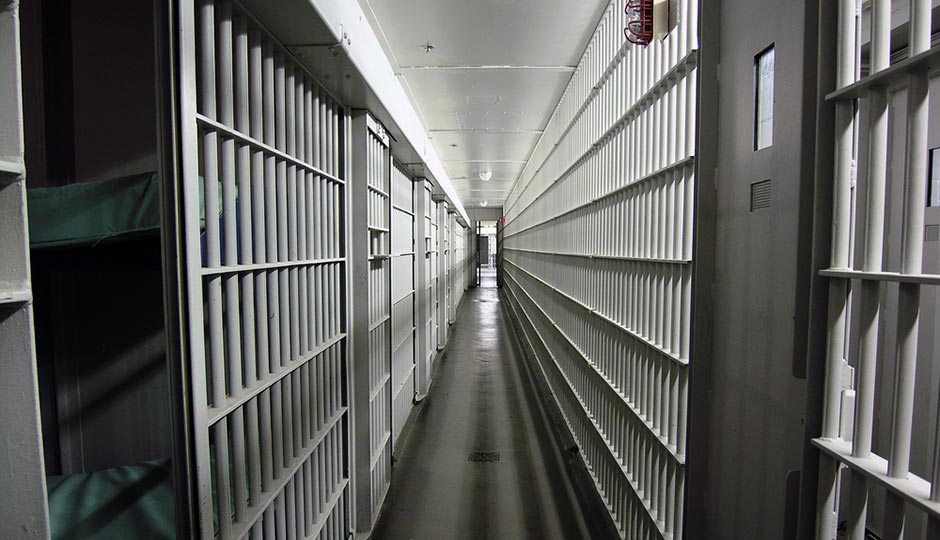Supreme Court Gives Hundreds of Philly Juvenile Lifers a Chance at Parole
The U.S. Supreme Court ruled Monday that their 2012 decision Miller v. Alabama, which ended life without parole sentences for juveniles convicted of murder, applies retroactively. The ruling will give thousands of prisoners nationwide — many of them Philadelphians — a shot at parole and new sentence hearings.
Pennsylvania has more juvenile lifers than any other state, and Philadelphia is home to nearly 300.
Aaron Phillips had just turned 17 when he joined his twenty-something friend on a nighttime wallet-stealing excursion in Pottstown. Police later found 86-year-old Anthony McEvoy knocked to the ground, his wallet gone and his femur fractured. Doctors tried to operate, but the elderly man’s body was no match for surgery: He suffered cardiac arrest and died shortly thereafter.
Phillips was convicted of murder and sentenced to life in prison without parole. That was back in 1986. Until Monday, it seemed likely that he would die there.
“There will now be additional resentencings in the older cases covered by today’s ruling,” said District Attorney Seth Williams in a prepared statement sent to the press. “If a defendant is given a new sentence less than life, he will be eligible for consideration by the parole board at some point, depending on the length of the new sentence.”
Jennifer Storm, of the state’s Office of the Victim Advocate, also released a statement after the ruling: “This means that the 400+ juvenile offenders convicted of murder and currently serving life sentences in PA could now be eligible and considered for parole and potential release from incarceration,” she said in an email. “We are currently working hard to inform and empower our victims about today’s ruling and will ensure their voices are heard during any possible parole considerations that may result from today’s decision.”
Storm told WTAJ that victims are now “basically walking on eggshells not knowing what the certainty of the offender and their case and sentence will be.”
Since the 2012 Miller v. Alabama decision, about a dozen states have decided to let juvenile lifers like Phillips pursue retroactive resentencing. Pennsylvania was among those that did not.
“We are famous for the wrong reasons,” said Marsha Levick, co-counsel on the case and deputy director at Philadelphia’s Juvenile Law Center.
Although Monday’s decision is a welcome piece of news for juvenile lifers and criminal justice reform advocates who argue that life without parole is an overly harsh sentence for children, Levick warned that because Justice Anthony Kennedy didn’t give procedural specifications in the ruling, implementation-related details will be left to the states. Among the unresolved points: whether lifers will get parole review immediately, and whether they will all get new sentencing hearings. “Ultimately, these issues will have to be sorted out by the appellate courts,” she said.
